Congressional Authority to Enact Criminal Laws, Regulate Firearms and Limit Military Operations
The powers of Congress begin and end with the Constitution. The Constitution vests Congress with explicit authority to enact criminal laws relating to counterfeiting, piracy, crimes on the high seas, offenses against the law of nations, and treason. Congress has broad authority pursuant to the Commerce Clause to enact laws in areas that may overlap with traditional state jurisdiction. As such, Congress has passed complex statutory provisions that regulate the possession, receipt, transfer, and manufacture of firearms and ammunition. This book explores some cases and how courts have analyzed these as-applied challenges under the Supreme Court’s Commerce Clause jurisprudence primarily set forth in United States v. Lopez. It also discusses constitutional provisions allocating war powers between Congress and the President, and presenting a historical overview of relevant court cases. It considers Congress’s constitutional authority to end a military conflict via legislative action; the implications that the War Powers Resolution or the repeal of prior military authorization may have upon the continued use of military force; and other considerations which may inform congressional decisions to limit the use of military force via statutory command or through funding limitations.
{{comment.content}}

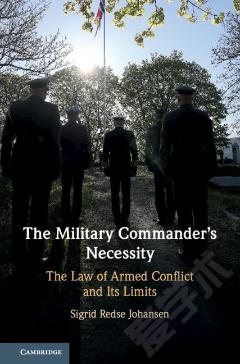

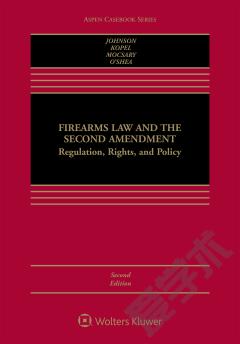
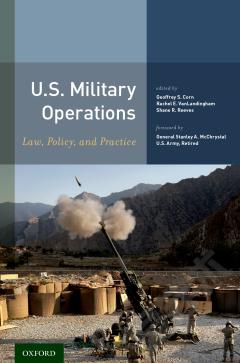
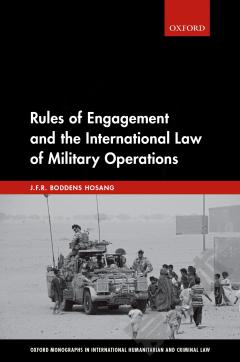
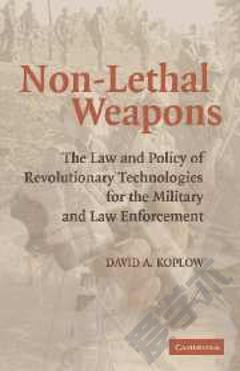

 京公网安备 11010802027623号
京公网安备 11010802027623号